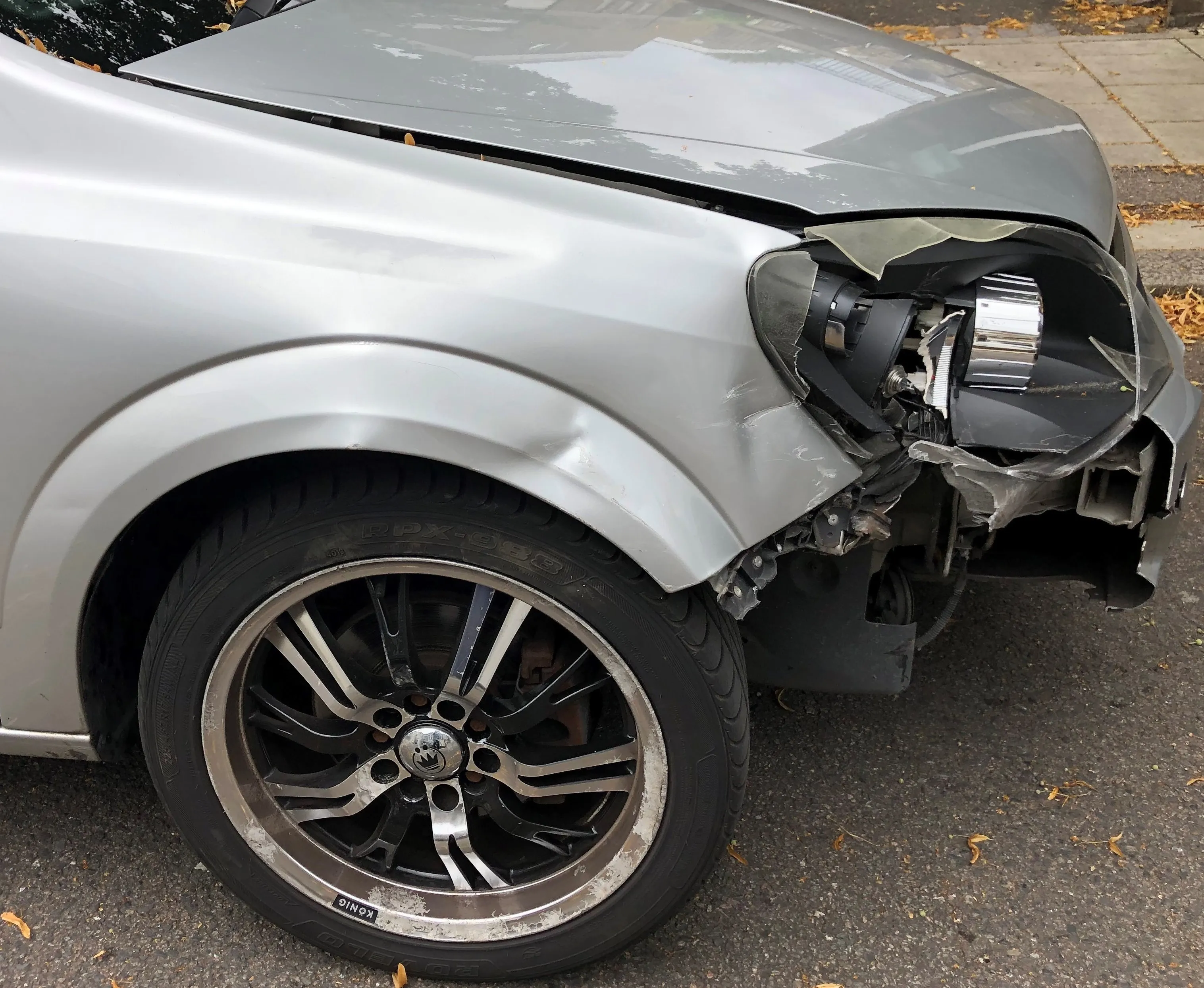The European Bank for Reconstruction and Development (EBRD) is planning to provide the Bulgarian capital of Sofia with a series of loans to support the modernisation of the city’s public transport system. The financial package of four loans worth a total of €24.96 million (US$35.6 million) will increase the quality, safety, accessibility and also the energy efficiency of transportation in the city.
April 19, 2012
Read time: 2 mins
RSSThe 2001 European Bank for Reconstruction and Development (EBRD) is planning to provide the Bulgarian capital of Sofia with a series of loans to support the modernisation of the city’s public transport system. The financial package of four loans worth a total of €24.96 million (US$35.6 million) will increase the quality, safety, accessibility and also the energy efficiency of transportation in the city.
Two loans have been finalised this week to the city of Sofia and one of its municipal companies – Urban Mobility Centre, which manages the provision of local public transportation services.
The first loan of €5.96 million to the municipal authorities will support improvements to local traffic intersections, trolleybus services and tram lines as part of the EU’s grant-funded Integrated Urban Transport Project. The EU-funded programme enables the introduction of an intelligent control traffic management system and real time passenger information services.
A loan of €7 million to Urban Mobility Centre is designed to support efficiency improvements by introducing an e-ticketing system across all public transport modes. E-ticketing is now only available on trolley buses after introduction under a previous EBRD project in 2009.
Another two loans of up to €6 million each to Sofia Electric Transport Company JSC, which operates ground electrical transport in the city, and Metropolitan JSC, which operates the metro system, are planned to be signed in the coming weeks and will be used to provide the companies with necessary working capital for sustainable operations through the economic cycle.
“This programme of modernisation across one city’s entire transportation system – involving new technology, providing better management practices and improved service as well as cutting pollution in Sofia – is a strong incentive to other cities in the Bank’s region to follow suit. The EBRD is very happy to work with the EU on such initiatives that help to achieve these important goals,” said Lin O'Grady, the EBRD’s deputy director, municipal and environmental infrastructure.
Two loans have been finalised this week to the city of Sofia and one of its municipal companies – Urban Mobility Centre, which manages the provision of local public transportation services.
The first loan of €5.96 million to the municipal authorities will support improvements to local traffic intersections, trolleybus services and tram lines as part of the EU’s grant-funded Integrated Urban Transport Project. The EU-funded programme enables the introduction of an intelligent control traffic management system and real time passenger information services.
A loan of €7 million to Urban Mobility Centre is designed to support efficiency improvements by introducing an e-ticketing system across all public transport modes. E-ticketing is now only available on trolley buses after introduction under a previous EBRD project in 2009.
Another two loans of up to €6 million each to Sofia Electric Transport Company JSC, which operates ground electrical transport in the city, and Metropolitan JSC, which operates the metro system, are planned to be signed in the coming weeks and will be used to provide the companies with necessary working capital for sustainable operations through the economic cycle.
“This programme of modernisation across one city’s entire transportation system – involving new technology, providing better management practices and improved service as well as cutting pollution in Sofia – is a strong incentive to other cities in the Bank’s region to follow suit. The EBRD is very happy to work with the EU on such initiatives that help to achieve these important goals,” said Lin O'Grady, the EBRD’s deputy director, municipal and environmental infrastructure.









